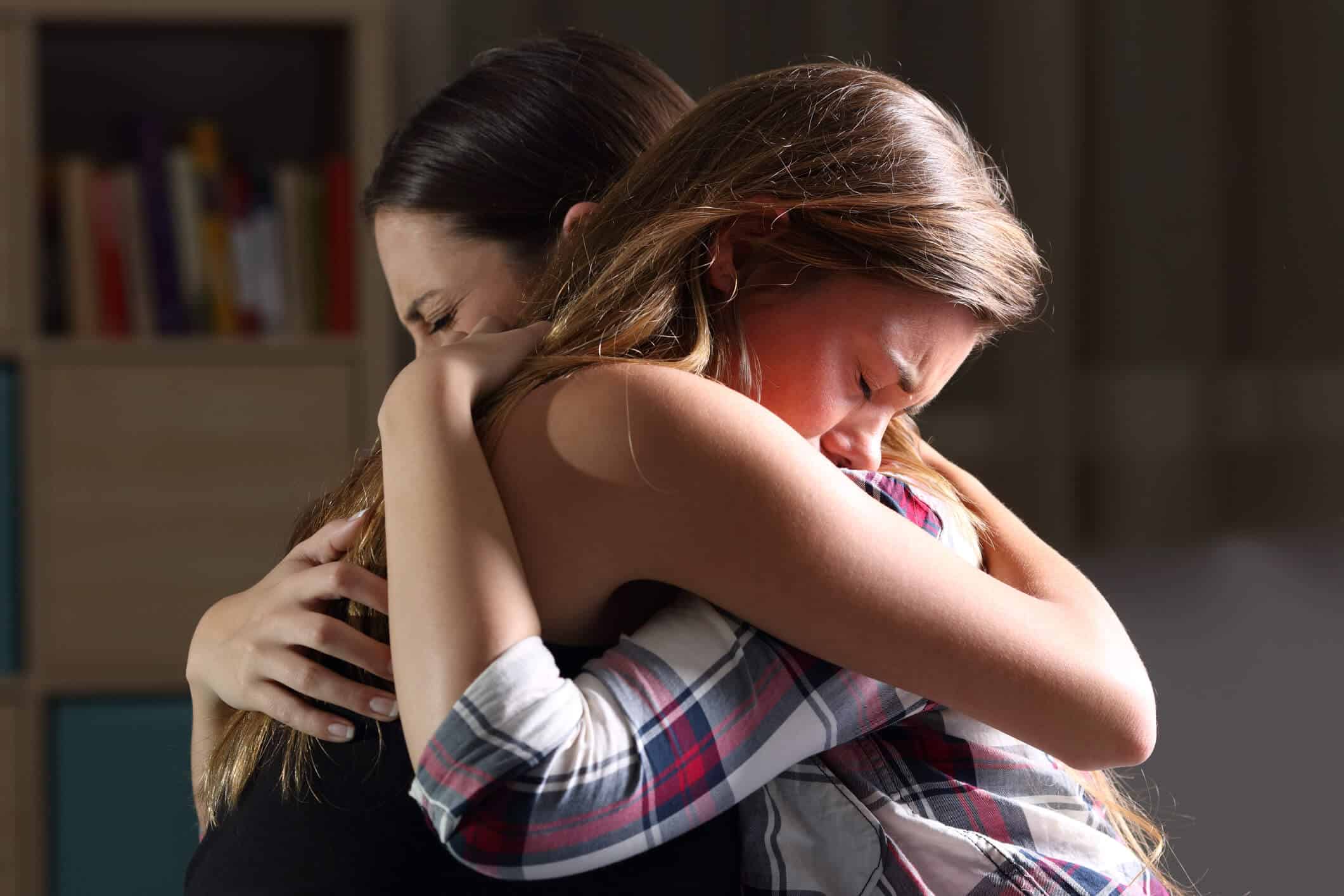This Story is true, but the names have been changed. When Jake O’Hara was 13, his father violated his marriage with an affair. Soon, his sexual infidelity slipped into a lifestyle. Sadly, his chronic immorality plunged the whole family into years of an ongoing nightmare of confrontations, fights and suicide threats by Jake’s mother. When the children finally left home, Jake’s parents divorced. Forgiveness in their family felt impossible.
Naturally, Jake resented his father for what he had brought to their family.
Within a few years, Jake married. And then, he told me, “My own family began to take on an eerie resemblance to my parents.” Jake’s parents had four sons and a daughter. Jake and his wife had four boys and a girl. Mr. O’Hara had traveled frequently; Jake was spending much of his working life on the road.
Wrestling with Forgiveness in the Family
One day, 11 years into marriage, a friend confronted him with what Jake will always recognize as a “message from the Lord.” Through that message, the Lord reminded Jake that he would soon reach the same age at which his father became adulterous. That reminder was followed by a very sober warning: Jake would soon face the same failure . . . unless he forgave his father.
Mr. O’Hara agreed to meet at a local restaurant. As they sat at the table, Jake recalled the painful and unrelenting crises of his childhood. Then, Jake freely forgave his father and expressed his deep love for him. The two men wept as they understood the enormity of what had just happened. Both men were free; the pattern of sin was broken! Both men had given up all hope for a better past.
From that point of release, his father made things right with Jake’s mom and their children. Jake told me, “Years later, I had the privilege of leading my father to the Lord. He lived two years as a Christian believer.” When he died, Jake conducted his funeral.
And Jake has escaped the bondage which held his father throughout much of his life.
Choosing to Forgive
Jake O’Hara did not wake up one morning in a mood to forgive. He did not suddenly realize that all the pain of his childhood was gone. Rather, Jake made a choice to forgive. That choice released the emotions which flowed at the table.
Our therapeutic age has suggested that we feel our way into action. It is, in fact, just the opposite. Even in the face of emotional evidence to the contrary, we have the power to choose.
The choice to forgive is a deliberate and purposeful act. It surveys the landscape of life, recognizes the full range of possibilities and consequences, and then makes a decision to forgive. Forgiveness is not holding our nose, squeezing our eyes shut, uttering a prayer and then jumping into a new reality because we believe that is what the Bible commands. That kind of forgiveness doesn’t produce anything for anyone. To forgive is to make a choice to break the pattern. It takes everyone off the hook. Very often, that choice breaks multi-generational patterns and extends far into the future.
Creating a Culture of Forgiveness
Every home (like every other micro-society) has a distinct culture. In other words, every home reflects a pattern of unspoken assumptions which convey the approved way to perceive, think, and feel.
One of the most important things parents can do is to create a culture of forgiveness in the home.
How can they do that?
It begins with a gracious tongue. Parents should be quick (and sincere) to speak grace into every corner of family life. The language of graces and manners – “Please,” “thank you,” “pardon me,” and “I’m sorry” — should flavor the family conversation.
Additionally, parents should not tolerate disrespect, shrillness, selfishness or cynicism. That kind of parental vigilance should not be motivated by an expectation of perfection. Instead, responsible parenting recognizes that those weeds will choke out the garden of grace. Seek forgiveness within your family.
When our children were growing up, each of them heard me or their mother correct their attitude or actions toward their siblings by saying, “You will not treat my daughter (or son) that way.” They knew they had to honor their siblings simply and primarily because they were ours. We didn’t dishonor our children; they couldn’t either. House rules.
Model of Forgiveness in the Family
Forgiveness should never be extended purely as a model or teaching tool. However, parents should be quick to apologize to each other and to the children. And, of course, children should be taught how to extend and receive forgiveness.
Finally, a theology of forgiveness should permeate the home. Children should know the story of Adam’s failure and the greater story of God stepping into human history and choosing to forgive and redeem. Children should be firmly rooted in the assurance that the blood of Christ covers all sin — including any and all violations against them by their parents, siblings, school or team mates, neighbors or anyone else.
In view of God’s incomprehensible generosity, how can we remain locked up in the prison of resentment? You can choose forgiveness in the family. We are free to forgive each other freely and generously because we have been freely and generously forgiven.



















